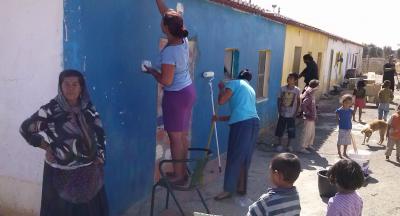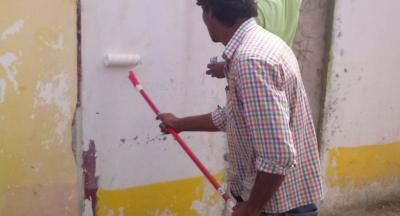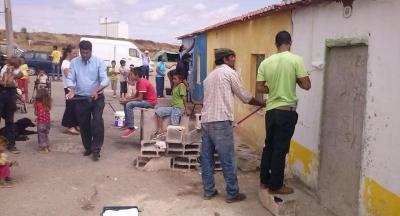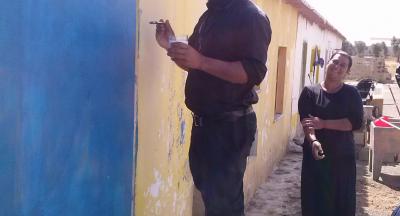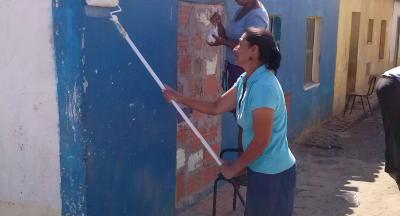Beja
Portugal Country Findings of the external evaluation by Blomeyer and Sanz s.l. available in Portuguese and English.
*Disclaimer: The information and views set out in this page are those of the author and do not necessarily reflect the official opinion of the Council of Europe and/or the European Commission. Neither the Council of Europe, the European Commission nor any person acting on their behalf may be held responsible for the use which may be made of the information contained therein.
Beja is a city and a municipality in the Alentejo region, Portugal and capital of the Beja District. It is home to one of the largest cities of Portugal, with 1 140.21 km and around 23500 inhabitants, divided into 18 parishes.
Roma communities live mainly in three social housing estates: Esperança, Rua dos Lavadouros and the neighborhood of Pedreiras. The former, Pedreiras neighborhood, was known at European level because of numerous complaints of Portuguese and European authorities against the wall three meters high, erected by the municipality to cover the neighborhood. In June 2015, thanks to the combined efforts of the local facilitator and of the CAG, the wall was finally torn down.
Most Roma in Beja rely on social welfare to ensure their daily living, however some work in markets and fairs and even in horse trade.
The Community Action Group in Beja is formed of an average of 7 participants, 1 of which is a woman. The average age of the participants is very young, situated at around 25 years old, however with a rather low educational level (some of the members are of secondary school level).
The short-term priorities of the CAG in Beja:
- * Tear down the wall in Pedreiras community (done);
- * Lead a cleaning and repainting action in the neighborhood of Pedreiras (done);
- * Help the 6 candidates draft CVs (see long term priority below);
The long-term priority of the CAG in Beja:
- * Ensure maintenance for the spaces cleaned by the CAG in Pedreiras;
- * Tackle the high unemployment rate within the Roma community;
- * Propose 6 persons for jobs in the municipality (including women, in the areas of school mediation, health mediation and gardening);
In relation to implementation of proposal concerning the cleaning and repainting of the neighborhood, the commitment of municipality was fulfilled partly, due to bureaucratic delays.
The CAG in Beja applied for funding with the "MUNDAR" Programme and obtained a grant of 2500 for materials for the rehabilitation of the neighborhood, and conducted part of the work themselves.
The municipality mobilised utility vehicles for the cleaning up.
In partnership with the National Roma Mediators Association, in which Mr Juvenal Prudêncio - the local facilitator - is president, the CAG intends to organise training courses in building and public works, together with practical application to the restauration of their own homes. Furthermore, the local facilitator, with the help of the Santa Maria Parish gathered donations from a firm consisting in a prefabricated structure of 20 squared meters.
The Municipality sent four applications CEI + (Contracts Employment Insertion ) to the Beja Employment Office, pending approval. Out of the 5 CEI+ proposed by the CAG, one CAG member is already under a contract in the Parish of Santa Maria.

